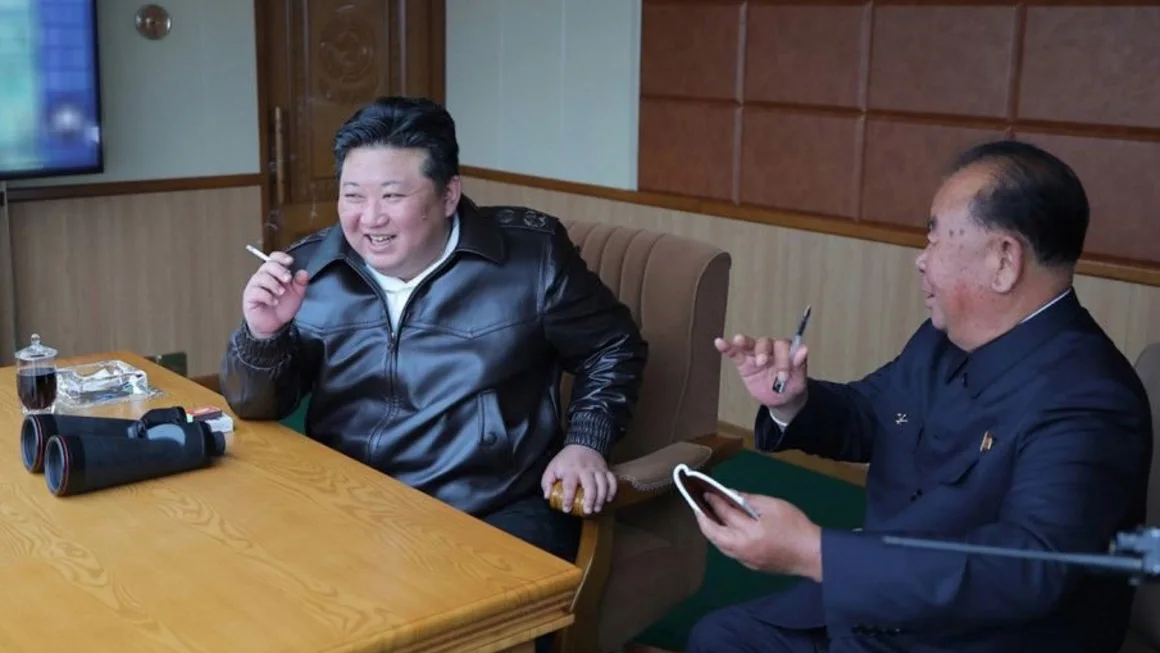In recent developments, North Korea has tested exploding drones, designed to target and destroy specific locations. Reports from state media confirm that the tests were successfully conducted under the supervision of North Korean leader Kim Jong Un. During these tests, Kim emphasized the importance of speeding up mass production of these advanced weapons.
Kim Jong Un’s public statements reveal a strategic focus on strengthening North Korea’s military capabilities. He expressed satisfaction with the progress made so far in the development of these drone weapons. North Korean state media has portrayed these tests as a necessary step for bolstering the nation’s defense systems.
According to analysts, this move is part of North Korea’s broader efforts to modernize its military arsenal. The country’s leadership has consistently prioritized enhancing its defense capabilities amidst ongoing international tensions. The introduction of exploding drones could potentially alter the dynamics of regional security, prompting concerns from neighboring countries and international powers.
The decision to push for mass production of these drones indicates a commitment to integrating them into the nation’s military strategy. Experts believe that this development demonstrates North Korea’s intent to assert its military prowess and deter potential threats.
Military experts have reacted to this news with a mix of caution and concern. The capability to deploy drones equipped with explosive payloads adds a new dimension to North Korea’s defense strategy. Such advancements in military technology could lead to shifts in regional power dynamics, increasing the need for diplomatic engagements and dialogue.
In the international context, North Korea’s actions may prompt reactions from other countries, leading to diplomatic discussions or strategic recalibrations. The presence of exploding drones in North Korea’s arsenal is likely to influence the country’s standing in global military assessments.
Efforts to monitor and assess North Korea’s military advancements continue. Several countries have expressed interest in understanding the implications of these developments. The role of international organizations in maintaining regional stability remains crucial as nations navigate these evolving security challenges.
In response to North Korea’s recent activities, some countries have reiterated the importance of dialogue and peaceful negotiations. There is a growing recognition of the need to address security concerns through diplomatic channels, avoiding escalation and fostering regional stability.
North Korea’s military tests have historically drawn international attention, and this latest development is no exception. Observers and analysts continue to closely monitor the situation, evaluating the potential impacts on regional and global security.

